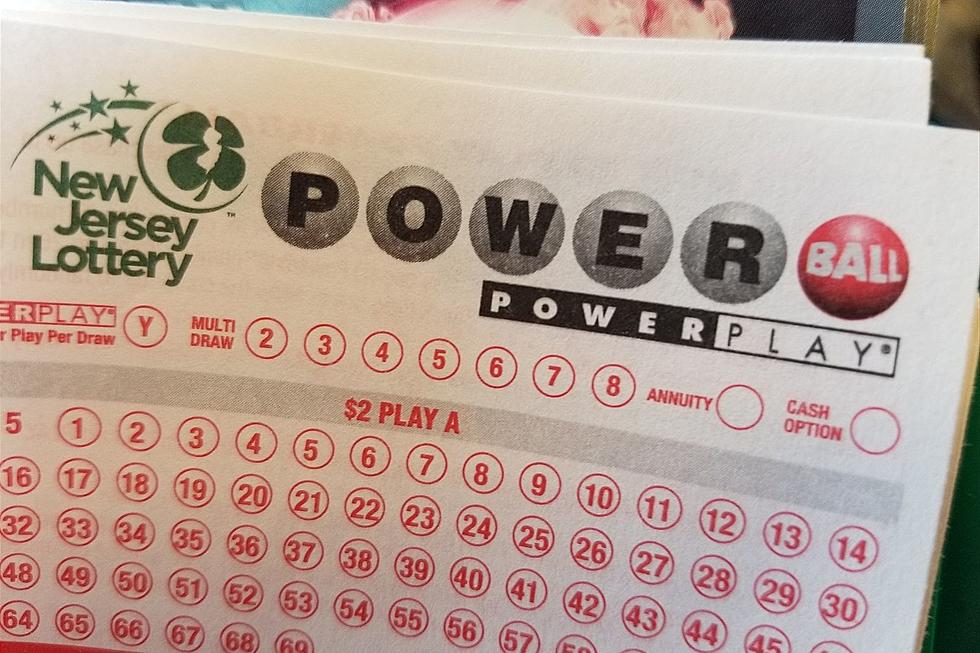
Autopsy report sheds light on student death that rocked NJ campus
🔵 Princeton student's death ruled a suicide
🔵 Death had raised suspicions but autopsy report reveals new details
🔵 Help is always available for students in crisis
PRINCETON — The death of an Ivy League student remains no less tragic but perhaps less of a mystery after investigators this week released the results of an autopsy.
The report released this week shows that the Princeton University junior had been taking prescribed antidepressant and anxiety medications — the same drugs that she overdosed on after writing down plans to take her life.
The junior's body was found by a university facilities employee near campus tennis courts on Oct. 14, six days after she went missing.
Campus officials and authorities had quickly ruled out foul play and any danger to the community, which only seemed to backfire amid reaction from grieving and disbelieving loved ones.
🔵 Princeton student's death ruled a suicide
The Middlesex County Medical Examiner, which conducted the autopsy, ruled Ewunetie's death was a suicide.
The cause of her death was determined to be “Bupropion, Escitalopram and Hydroxyzine Toxicity.”
🔵 Details from the autopsy report obtained by New Jersey 101.5
◼️ Ewunetie had 7,300 nanograms per milliliter of Bupropion, 4,400 nanograms per milliliter of Escitalopram and 5,000 nanograms per milliliter of Hydroxyzine
◼️ At least 59 pills and pill-like fragments were found in her body
◼️ Empty bottles of Bupropion and Escitalopram were found in her dorm room
◼️ Investigators found “journal entries describing past suicidal ideations with plan.”
◼️ Ewunetie had a clinical history of major depressive disorder for which she was prescribed Bupropion and Escitalopram. She was prescribed Hydroxyzine for anxiety.
🔵 Death had raised suspicions
The report should put to rest concerns that the university and the Mercer County's Prosecutor's Office, which led the investigation, were holding back information about Ewunetie's death.
Prosecutor Angelo Onofri said that Ewunetie's death did not appear to be suspicious and there were no signs of injury.
Prosecutor's Office spokeswoman Casey DiBlasio earlier this month said that officials were awaiting all testing reports, including toxicology results, from the Middlesex County Medical Examiner before releasing a cause and manner of death.
🔵 'Shaken by this tragedy'
“Our hearts go to Misrach’s family and friends, and to the wider campus community that has been shaken by this tragedy,” Rochelle Calhoun, Princeton University vice president for campus life said Wednesday.
“Losing a member of our community is always difficult. The long wait for definitive news about what led to her death has been challenging for all of us, and especially for those close to Misrach.”
🔴 Help is available
If you feel you or someone you know may be in crisis, call the National Suicide Prevention Hotline, 1-800-273-TALK, or the NJ Hopeline, 1-855-654-6735
Dan Alexander is a reporter for New Jersey 101.5. You can reach him at dan.alexander@townsquaremedia.com
Click here to contact an editor about feedback or a correction for this story.
LOOK: See how much gasoline cost the year you started driving
Let it snow: 12 things to know about winter forecasting in NJ
PICTURES: Look Inside Dolly Parton's Longtime Nashville Home
More From SoJO 104.9 FM









